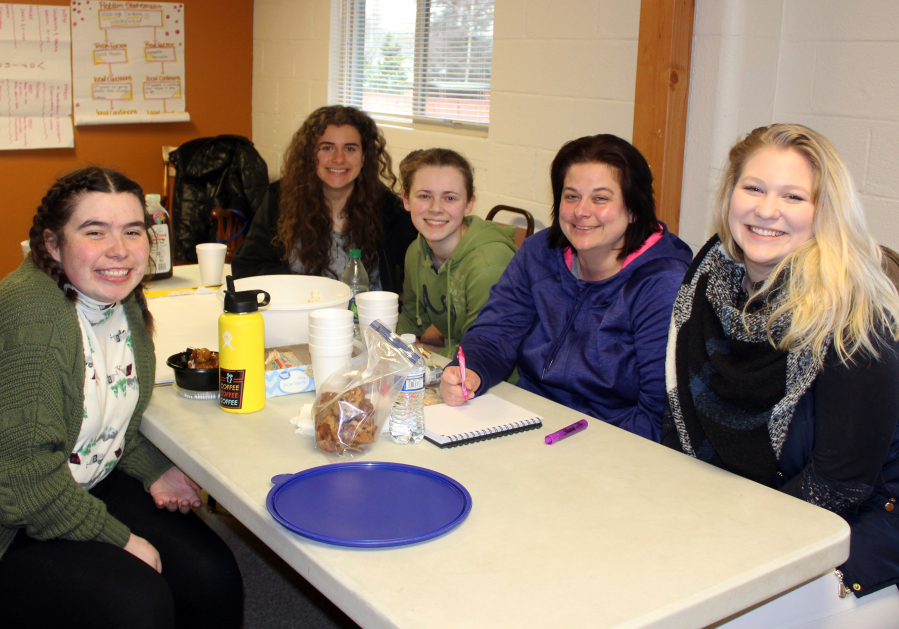A bill seeking to prevent tobacco and vaping use among youth has passed the Washington State House of Representatives and is on its way to the Washington Senate’s Ways and Means Committee for further consideration.
Requested by the Washington Attorney General and Washington Department of Health and sponsored by several legislators and senators, including Rep. Monica Stonier and Sen. Annette Cleveland — both Democrats representing central and west Vancouver in the state’s 49th Legislative District — House Bill 1074 (HB 1074) and its counterpart, Senate Bill 5057 (SB 5057), would increase the minimum legal age of sale for tobacco and vapor products from 18 to 21.
If approved, the bill, which supporters called “the single-most important policy to impact the health of youth” during public testimony before the Washington House, would take effect on Jan. 1, 2020.
Republican Reps. Brandon Vick and Larry Hoff, who represent Camas and Washougal in the state’s 18th Legislative District, both voted against HB 1074.
Hoff said he personally doesn’t think anyone should smoke, regardless of their age, but that his personal feelings were “secondary to (his) concerns with this bill from a legislative perspective.”





